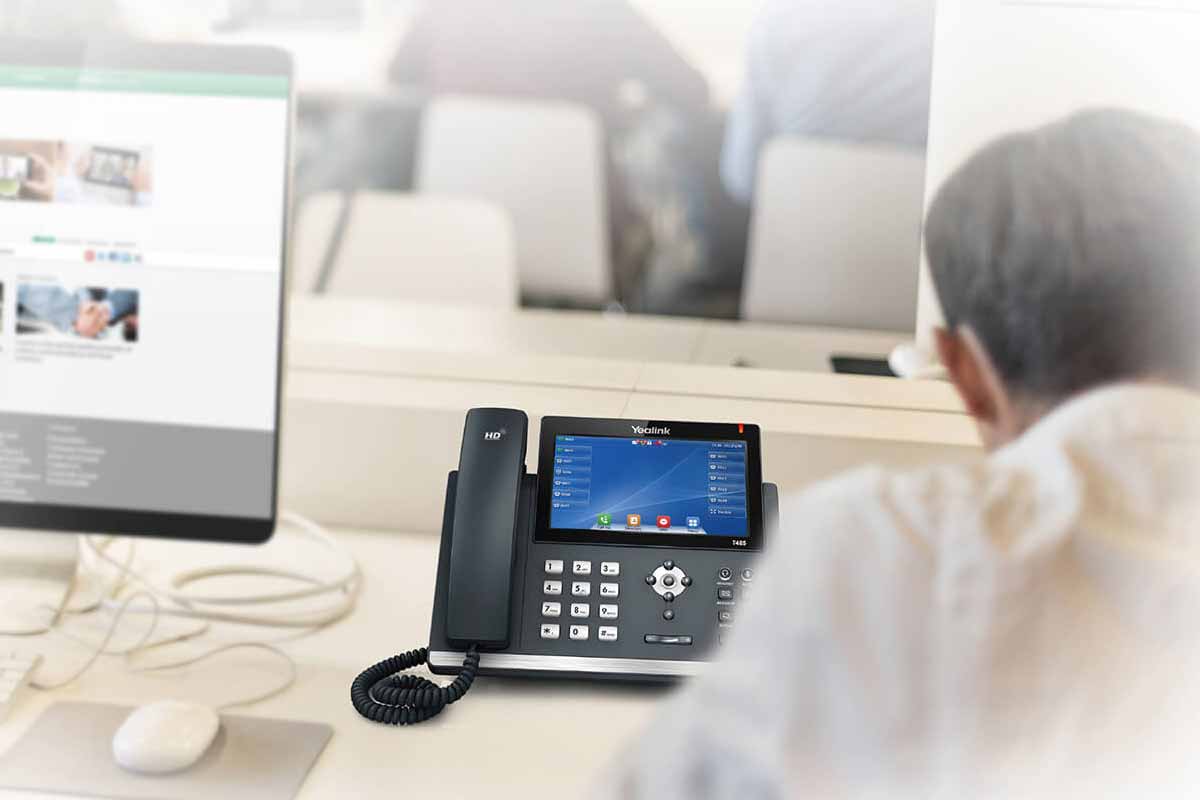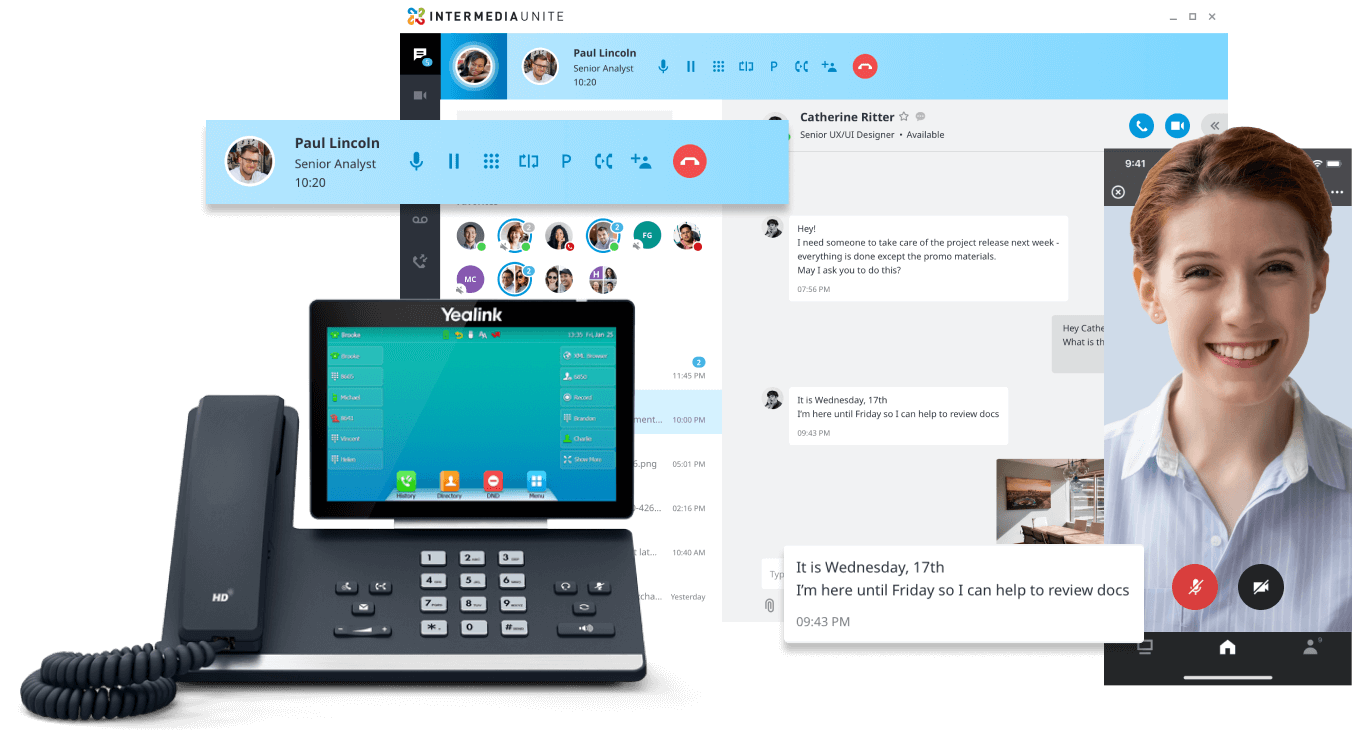March 16, 2020
9 Ways Your Aging Phone System Is Putting Business Success on Hold
Whether it’s a question about a product or service, a new order, a support issue, or simply trying to pay a bill, customers still want to pick up a phone and talk to someone at your company. In other words, despite all the advances in technology, people still need a human connection—and a phone call provides just that.
Voice calling also drives sales, business development, and collaboration among your employees and business partners.
The architecture of conventional phone systems dates back to a time when going to work meant going to an office. But today’s mobile and global workers require more agility and capabilities than these systems support.
The trouble is, the architecture of conventional phone systems dates back to a time when going to work meant going to an office. Many were even designed when smartphones were considered nothing but science fiction. Today’s workers require more agility and capabilities than these systems support. For example, your aging phone system may not provide direct access to company voicemail from a mobile device, which could delay responses to customers. You can’t afford to miss sales or lose customers because they can’t communicate with you when and how they like.
A modern cloud phone system not only provides highly reliable connectivity and call quality but is also easy to deploy and simple to maintain. Plus, the cloud delivers the agility and advanced features your business needs to keep pace with impatient consumers and mobile workers.
IDG’s 2018 Cloud Computing Survey reports that 40% of companies like yours have already made the move to the cloud. Let’s take a deeper look at nine reasons why.

SWITCH TO THE CLOUD AND GET RELIABLE BUSINESS PHONE SERVICE UP AND RUNNING QUICKLY.
- Fast to implement—with no disruption to your business
- Getting employees connected is often as simple as plugging phones into internet connections
- Using advanced mobile features—from videoconferencing to direct access to company voicemail—simply requires downloading the secure mobile app
- Add, move, or change lines from an easy-to-use web browser console—no technician required
- Help is a phone call away: A good IT services partner can help with a number porting, recommending a voice-quality router (if needed) or other technical issues so you make a smooth transition
01.
TOO COSTLY
02.
LOW CUSTOMER SATISFACTION
03.
UNRELIABLE PHONE SERVICE
04.
WEAK SECURITY AND COMPLIANCE
05.
NOT MOBILE-FRIENDLY
06.
HARD TO SCALE68
07.
DIFFICULT TO SET UP BRANCH OFFICES AND REMOTE WORKERS
08.
ALWAYS OUT-OF-DATE
09.






